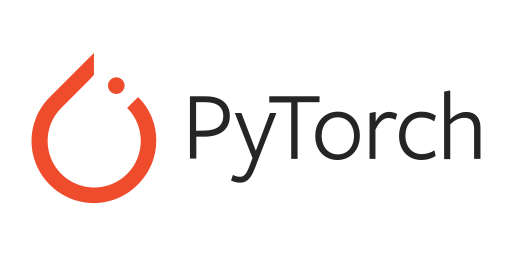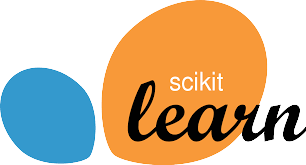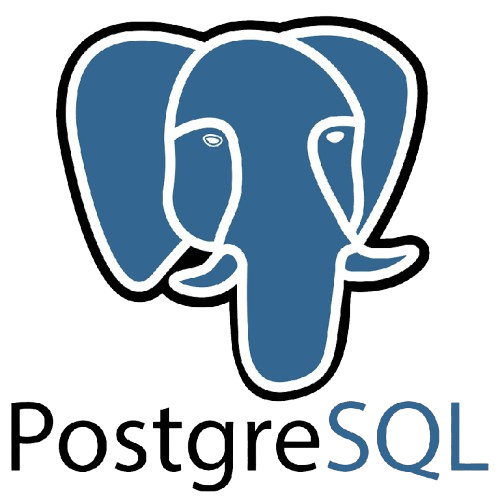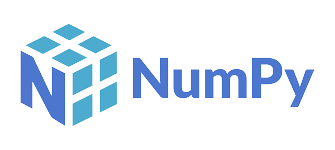Sobre mim
Olá, eu sou Iago Riveiro Santos Dutra. 🙂
Sou estudante de Ciência de Dados e Inteligência Artificial na Escola de Matemática Aplicada da Fundação Getulio Vargas (FGV EMAp), onde recebo uma bolsa integral por mérito. Ao longo da minha formação, cursei disciplinas de pós-graduação em matemática aplicada e estatística, e atualmente estou desenvolvendo minha tese sobre embeddings de fármacos utilizando deep learning.
Estou desenvolvendo projetos de pesquisa no Paccanaro Lab, com foco em aplicações de aprendizado de máquina em contextos biomédicos. Recentemente, concluí um intercâmbio acadêmico de dois meses na Sorbonne Université, em Paris, onde aprofundei meu interesse por ambientes multiculturais e intelectualmente estimulantes.
Trabalhei por dois anos na AtlasIntel, atuando com mineração de dados, automação de processos e modelagem preditiva. Contribuí para previsões eleitorais bem-sucedidas no Brasil e nos Estados Unidos, experiências que fortaleceram minhas habilidades técnicas e colaborativas.
Minha trajetória acadêmica começou como Técnico em Química pelo Instituto Federal Sul-rio-grandense (IFSul), onde pesquisei pirólise de biomassa e otimização de GC-MS no Laboratório de Análise de Contaminantes Ambientais (LACA).
Meus principais interesses incluem drug discovery, machine learning causal, modelagem bayesiana e MLOps. Sou apaixonado por colocar modelos em produção e tenho experiência com Python, R, C++, Julia, além de ferramentas como PyTorch, TensorFlow e Azure.
Atualmente, estou buscando oportunidades para programas de Mestrado ou Doutorado, bem como estágios ou posições de pesquisa em ciência de dados e aprendizado de máquina. Se você está procurando alguém dedicado e curioso para integrar sua equipe, entre em contato!
Fora do trabalho e dos estudos, sou frequentador assíduo da academia, adoro jogar videogames e ler romances água com açúcar. Valorizo o equilíbrio, a curiosidade e o crescimento pessoal contínuo. Acredito em usar ciência de dados para enfrentar desafios reais — especialmente nas áreas de ciências ambientais e bioquímica — e estou sempre em busca de oportunidades que combinem tecnologia, pesquisa e impacto positivo.
TL; DR
Quem sou eu?
- • Estudante de Ciência de Dados e IA
- • Buscando oportunidades de Mestrado/Doutorado/Trabalho
- • Dois anos de experiência em empresa de pesquisas eleitorais
- • Pesquisa em ML para Bioquímica
- • Experiência com deploy de modelos em produção
Principais interesses:
- • Drug discovery
- • Machine learning causal
- • Modelagem bayesiana e simulação
- • Redes neurais em grafos
- • Otimização estocástica

Technological Toolbelt
Programming Languages
Machine Learning and Big Data
MLOps
Data Exploration and Visualization
Language Proficiency
-
Portuguese
Native -
English
Proficient (Cambridge CAE - C1) -
Spanish
Intermediate -
French
Intermediate -
Mandarin
Elementary





















